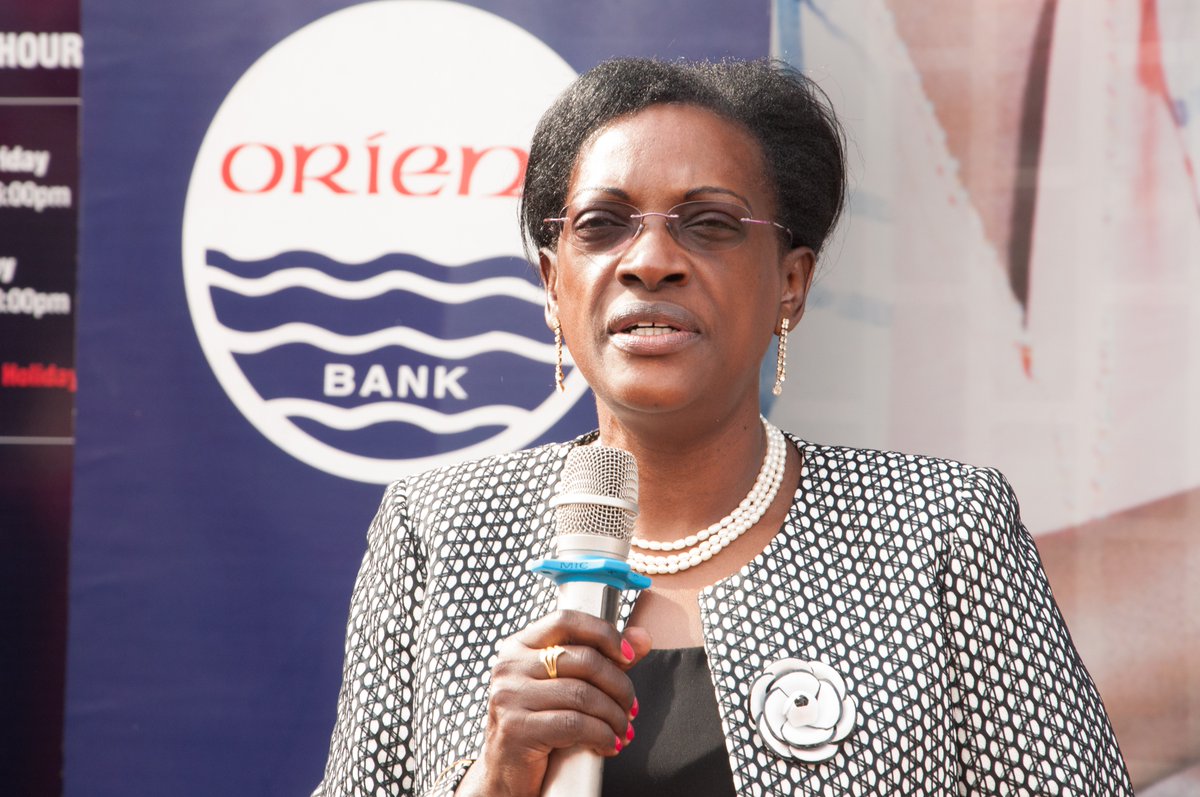Justine Bagyenda, the former director of supervision for commercial banks at Bank of Uganda has Monday snubbed the vetting by the Parliamentary Appointments Committee chaired by the Speaker of Parliament, Rebecca Kadaga, for her appointment to the Financial Intelligence Authority.
Bagyenda was controversially appointed to the Board of the Financial Intelligence Authority (FIA) and was together with four other appointees to the Board expected to appear before the appointments committee for vetting and approval today.
She was appointed through a letter by Finance Minister, Matia Kasaija dated May 7, to Speaker Kadaga.
Sources within the closed committee meeting have revealed that Bagyenda did not make it for vetting on grounds that she was out of the country for other issues.
However, the developments come at the backdrop of several petitions before the committee challenging her appointment that have been raised. The petitions, some of which were filed by Members of Parliament (MP) accuse Bagyenda of alleged collusion while at Bank of Uganda.
Bagyenda is also faced with another probe by the Inspector General of Government into allegations of illicit accumulation of wealth. Questions have been raised as to whether there could have been negligence on her part in the distress and eventual closure of Crane Bank, once Uganda’s third biggest commercial bank.
The same entity (FIA) on which she was appointed, is investigating her following allegations that she had stashed billions of shillings on different bank accounts.
On Monday, the committee however, interfaced with candidates appointed to the same Authority including Leo Kibirango who was appointed as Board Chairperson, Patrick Ocailap, Patrica Mutesi and CIID boss, Grace Akullo.
Others are Jane Okuo Kajuga and Dr Patricia Achan Okiria appointed as commissioners to the Human Rights body, and Rose Kabogoza Musoke to the Education Service Commission.
Ocailap told the media at Parliament that there is need to improve public awareness on what constitutes money laundering and says that real estate is one of the sectors in which such moneys are normally invested.
He added that, “There is a possibility that most of the money laundered ends up in the construction industry because you come with your money, wherever you got it, invest it in real estate, they call it washing the money clean. We now have a lot of houses but the source of financing could be money laundering. But I am not saying all of it is from that source.”
He noted that, “The second area of risk is the large use of cash in the economy. It makes it easy for money laundering to take place because the foreign exchange economy is liberalized.”
“These are all potential areas of money laundering that we all have to be aware of, it is a subject of intensified effort in educating the public about the risks of what money laundering is, how we are curbing it.”








